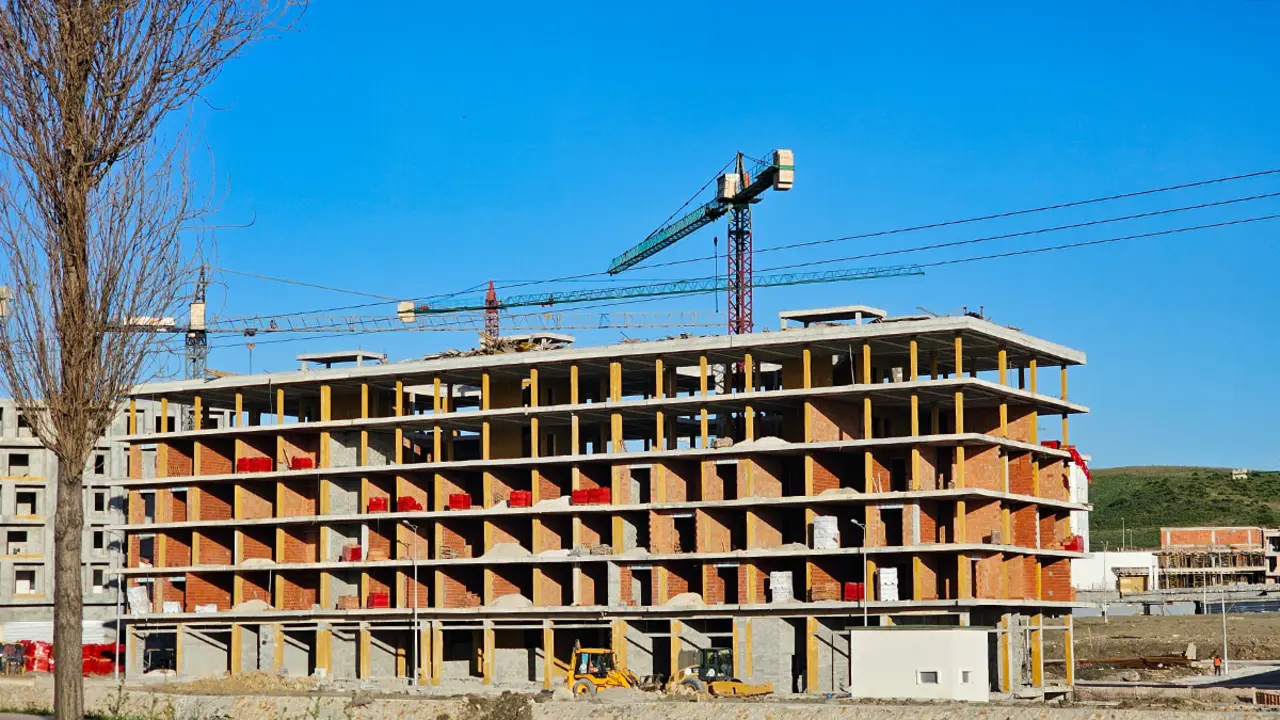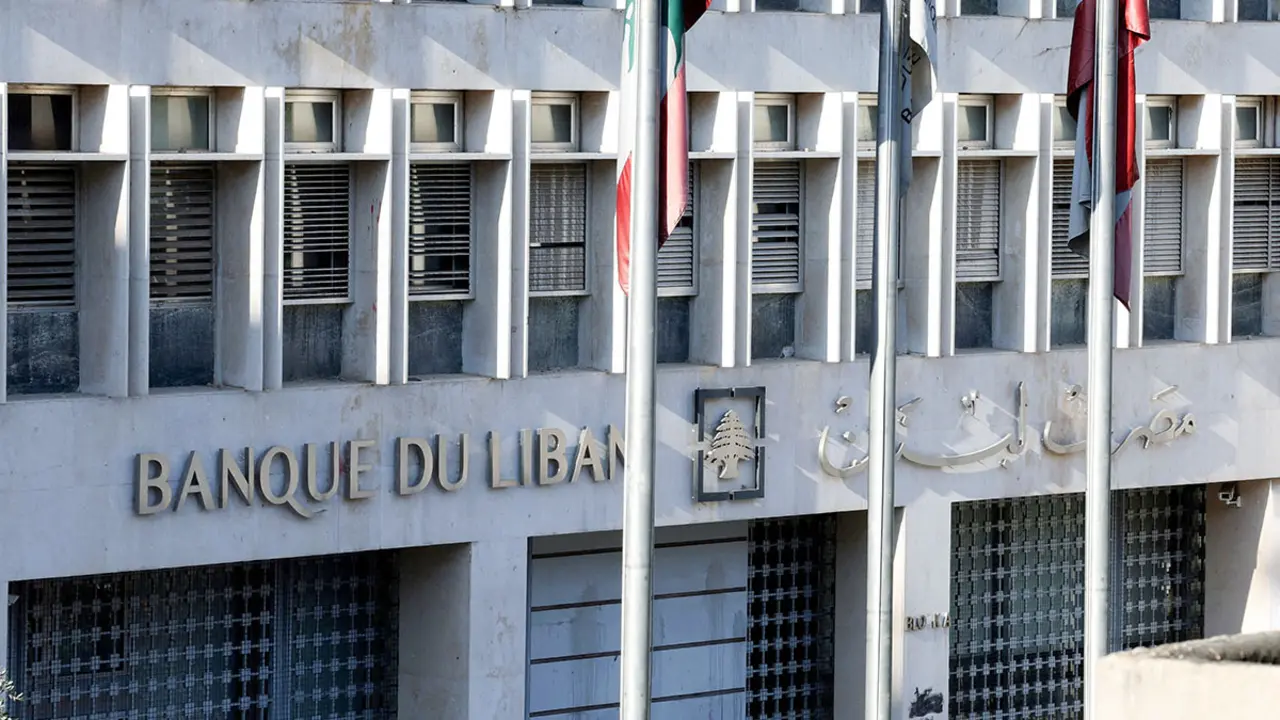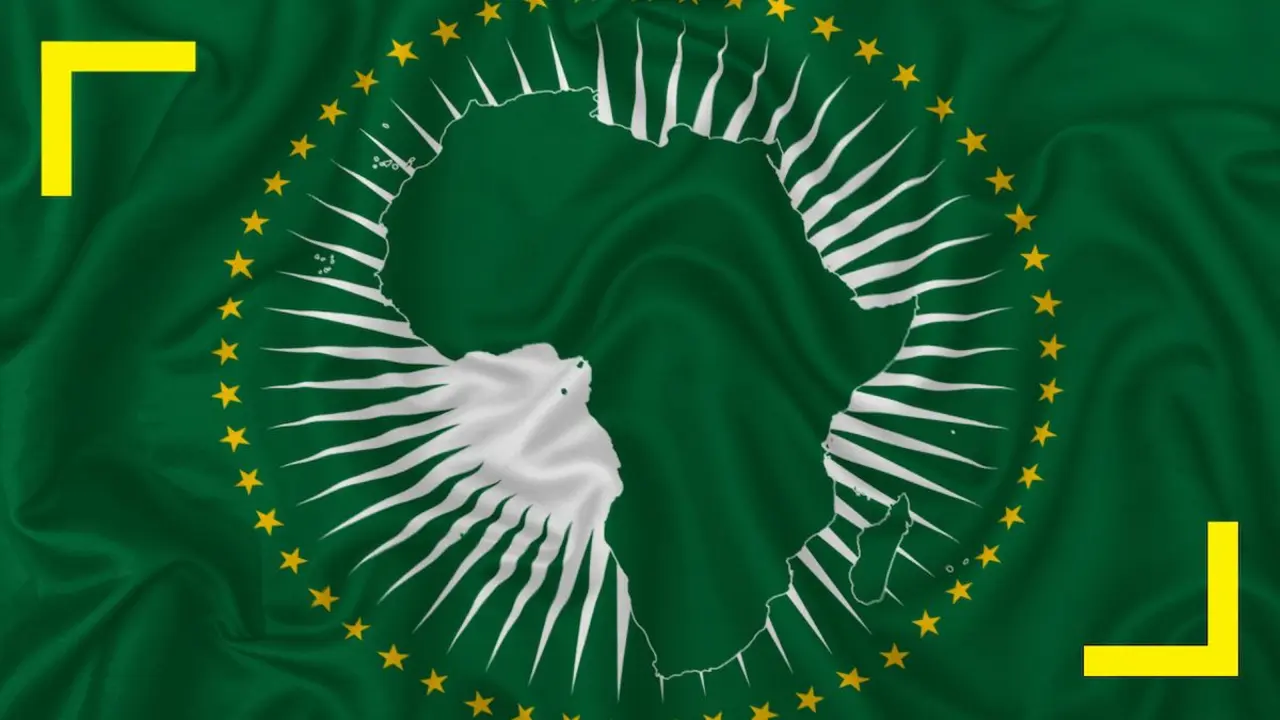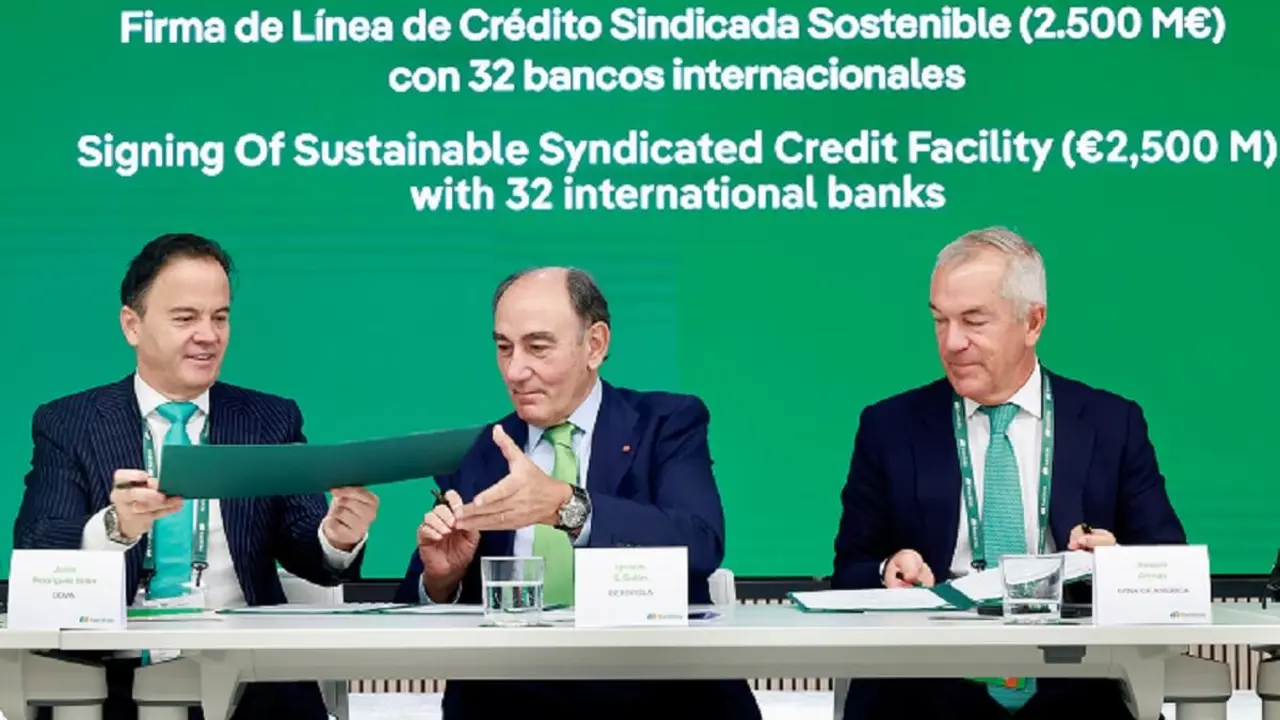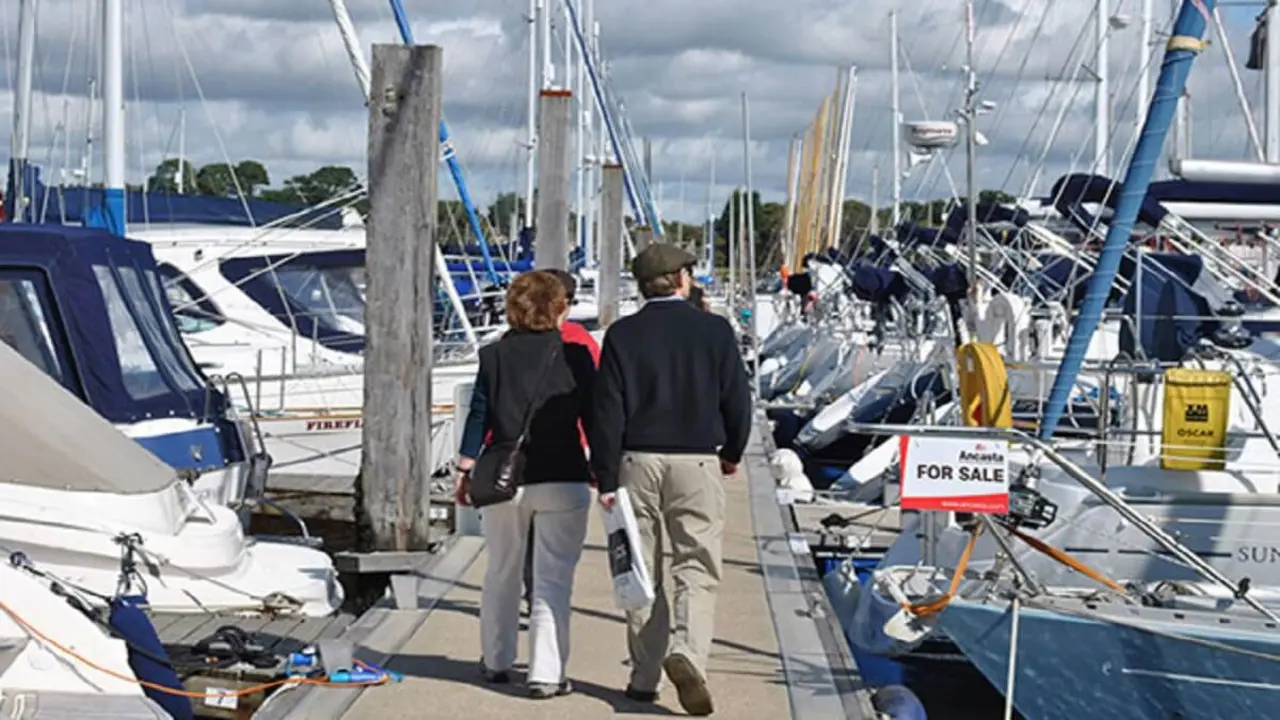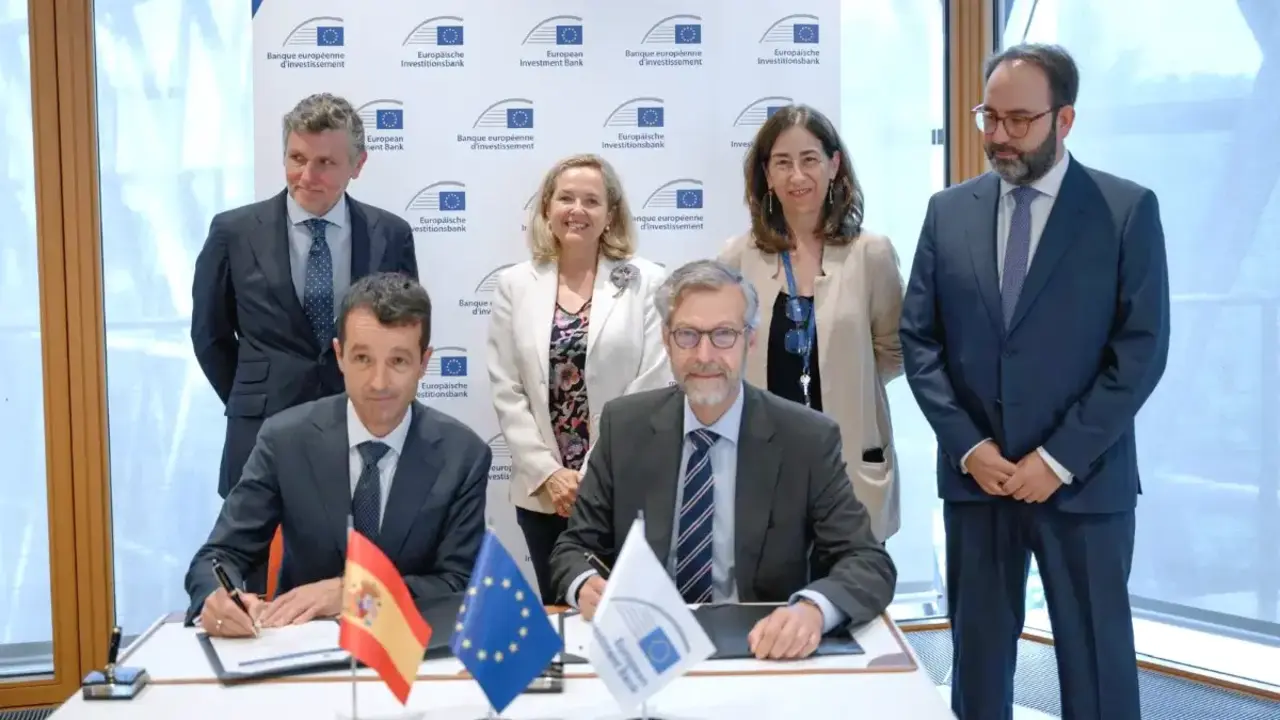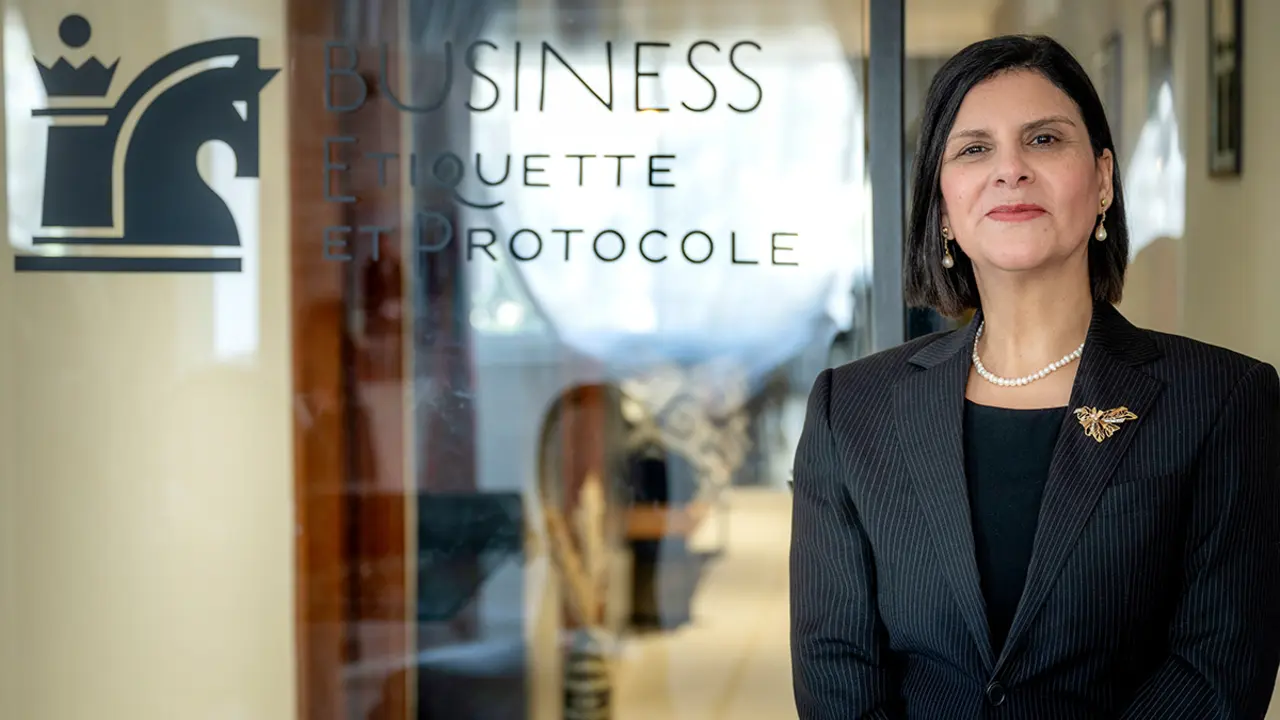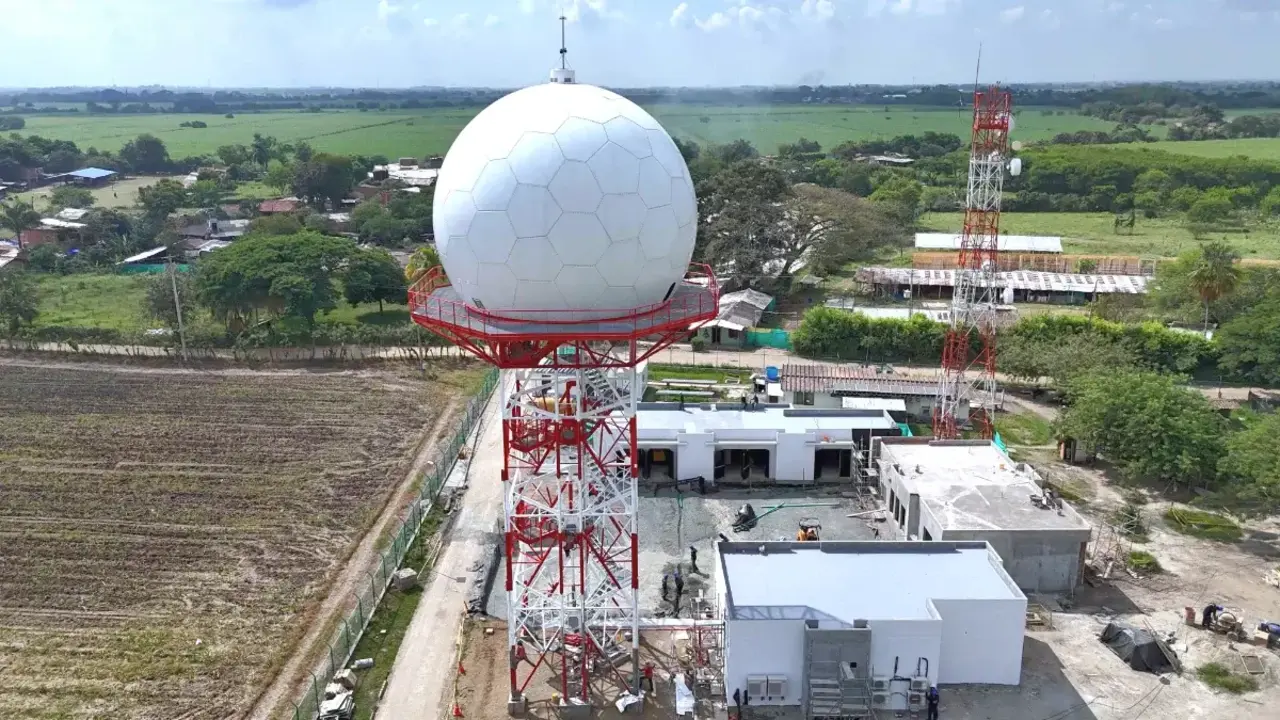Year in Review 2022: Africa

Although economies in Africa faced uncertainty in 2022 as economic and global shocks weighed on post-Covid-19 pandemic recovery, intraregional trade and climate finance initiatives are helping to chart a course towards more sustainable development.
Mirroring global trends, growth across the region is expected to slow from 4.7% in 2021 to 3.6% in 2022, according to the IMF’s regional economic outlook for sub-Saharan Africa.
Food security has become a central concern for many African nations, especially as high commodity prices, Russia’s ongoing invasion of Ukraine and climate change-induced natural disasters threaten food supply.
Flooding in West Africa between June and November highlighted the continent’s vulnerability to the impact of climate change, displacing some 1.4m people and damaging more than 500,000 ha of farmland.
Despite these headwinds, 2022 saw an increase in regional cooperation on trade and wider geopolitical involvement, as well as economic diversification plans, and efforts to close the financing gap in support of the energy transition and the preservation of the continent’s substantial natural resources.

After the COP27 UN Conference on Climate Change held in Sharm El Sheikh, Egypt in November, Africa is eying an increasingly prominent economic and geopolitical role. The African Union aims to become a permanent member of the G20 to strengthen the continent’s presence in global forums.
The African Continental Free Trade Area (AfCFTA) agreement seeks to revive intra-continental trade, with coffee beans from Rwanda and tea leaves and vehicle batteries from Kenya making their way to Ghana in early December as part of the Guided Trade Initiative pilot programme.
Some 44 of the 54 signatories have ratified the agreement, which is set to create the largest free trade area in the world in terms of number of participating countries.
Intraregional trade currently makes up 15% of the total on the continent, below comparable rates in Europe (67%) and Asia (60%). However, it is anticipated that AfCFTA could boost African exports by 29%, or around $560bn, and lift more than 30m people out of extreme poverty by 2035.
Cross-border energy agreements supported by the expansion of hydropower infrastructure could help to nurture additional intra-African cooperation. One example is the Lesotho Highlands Project, which aims to provide water to South Africa and generate power for Lesotho. The project received an $86.7m loan from the African Development Bank last year.
Similarly, in 2022 the World Bank committed funding to the Tanzania Rural Electrification Expansion Programme and Uganda’s Grid Expansion and Reinforcement Project – the latter of which supports hydropower generation – to finance grid expansion and achieve more reliable power supply in rural areas.

Increased digital reach and new financing options are poised to expand financial coverage to unbanked populations and increase access to funds for small and medium-sized enterprises (SMEs), which employ an estimated 80% of the continent’s workforce.
An increase in digital transactions is spurring countries across Africa to implement an e-money tax to expand their fiscal reach. While critics argue that such policies may stymie e-commerce growth, countries such as Ghana and Zimbabwe have succeeded in broadening their tax revenue by targeting mobile money transfers.
Meanwhile, as OBG reported in February, global remittances increased during the beginning of the pandemic and continue to represent a significant and relatively stable source of foreign income for emerging markets.
Financial technology (fintech) has been integral to maintaining this flow of funds. In February the Nigerian Postal Service finalised arrangements for a microfinance bank that could allow 52m unbanked citizens to conduct financial transactions. Meanwhile, at the end of last year Western Union expanded coverage of its mobile banking apps to include customers of KCB Bank Kenya, Diamond Trust Bank and the Kenya Post Office Savings Bank.
Other fintech solutions, including “buy now, pay later” microcredit models and cryptocurrencies, have been seeing robust uptake on the continent and could help improve financing access for individuals and SMEs.

In an effort to support sustainable growth and reduce the burden of high commodity prices on consumers, many African nations have directed investment to manufacturing and agro-processing to further the industrialisation of their economies.
As a top exporter of commodities such as cacao, cashews and cotton, Côte d’Ivoire has placed agriculture at the centre of its post-pandemic investment strategy. A 2022 report by Lloyds Bank noted the country was the strongest economy in ECOWAS, thanks in part to foreign investment inflows and increased value-added agricultural processing capacity.
In its efforts to capitalise on the benefits associated with the AfCFTA, Ghana has focused on manufacturing and the establishment of special economic zones (SEZs).
Botswana is similarly expanding its special economic zones in a bid to increase investment opportunities in the country.
Meanwhile, with agriculture accounting for 25% of its GDP, Nigeria is looking to incentivise agro-processing to maximise added value. Although some 90% of agricultural products are exported raw, an estimated 80% of the sector’s profit comes from the processing and retailing of raw goods.
As part of its Green Deal initiative, in July the EU and its development finance institutions announced a fund of €1.3bn through to 2027 to help Nigeria to diversify its economy away from oil. In addition to reforestation and renewable energy projects, the funding will help improve farmers’ access to markets.
Moreover, with support from the African Development Bank, in October Nigeria launched its Special Agro-industrial Processing Zone programme in eight states, with the goal of creating new economic zones in rural areas where agricultural and food companies can do business, decreasing food supply loss and increasing agro-processing opportunities.
Other African countries have sought to capitalise on the fast-growing electric vehicle (EV) segment to meet both economic and emissions goals.
South Africa, the continent’s biggest greenhouse gas emitter due to its reliance on coal, is also sub-Saharan Africa’s largest EV market.
When it launched its Low Emission Development Strategy 2050 in 2020 with the goal of becoming a net-zero economy within 30 years, EVs in particular were identified as central to limiting tailpipe emissions. Following plans set forth in its Green Transport Strategy 2018-50, South Africa seeks to mobilise $513bn in investment in the segment by 2050.
Egypt is another major African economy targeting EV manufacturing and development as a path to lower emissions.
In March El Nasr Automotive Manufacturing Company (NASCO) signed a shareholders’ agreement with the National Automotive Company to establish the country’s first EV distributor as well as a memorandum of understanding with Valeo Egypt, a subsidiary of the French automotive supplier of the same name, to design, develop and produce EV components. The country’s first NASCO-manufactured EVs will hit the market in 2023.
The government is courting investment in charging station infrastructure to help realise its green transport goals, offering private players a 40% share in a company established to oversee the 3000 pay-to-use charging stations under construction across Egypt.

Perhaps the biggest takeaway of COP27 was an agreement on a loss and damage fund for countries most vulnerable to climate change, many of which are in Africa.
While the details of the fund have not yet been made public, the continent has long been a laboratory for creative climate financing.
The 51 African countries that submitted nationally determined contributions during the COP21 UN Conference on Climate Change in Paris will require $28bn in funding by 2030 to meet those goals, according to a report published in June 2022 by the Climate Policy Initiative.
As OBG reported earlier this year, in March the World Bank launched the world’s first wildlife conservation bond, a five-year, $150m, outcome-based financial instrument tied to the rate of population growth of endangered black rhinos in South Africa’s Addo Elephant National Park and Great Fish River Nature Reserve.
Such efforts aim to encourage private investment in conservation, while also lessening the risk shouldered by governments and donors.
Southern and Eastern African nations are seeking to use similar climate-for-debt swaps known as blue bonds to build the so-called Great Blue Wall, an initiative protecting marine and coastal resources in the Indian Ocean from Somalia to South Africa. The participating countries hope to sequester 100m tonnes of CO2 and create 1m blue jobs by 2030.
Green bonds protecting rainforests have also emerged as a useful climate finance tool.
At COP27, the Democratic Republic of the Congo joined Brazil and Indonesia in talks to form a strategic conservation alliance termed the “OPEC for rainforests”. A future agreement could work towards protecting the 52% of global rainforest cover that lies within their borders.
In October Gabon, a vocal proponent of debt-for-nature swaps, announced plans to sell sub-Saharan Africa’s largest green bond to date – valued between $100m and $200m – to fund the construction of hydropower plants.
The West African nation has also discussed using green bonds to help conserve and sustainably develop its rainforests, feeding into its goals for economic diversification and providing jobs for its citizens.

